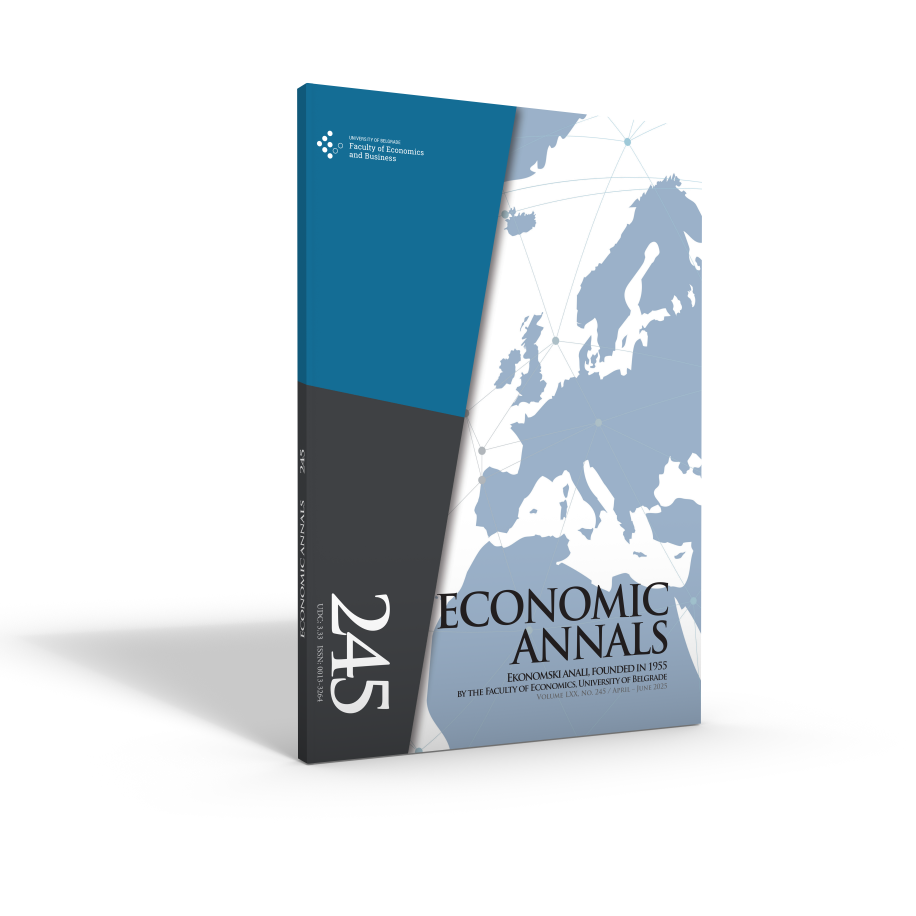DETERMINANTS OF URBAN ECONOMIC RESILIENCE: INSIGHTS FROM THE COVID-19 LOCKDOWN EXPERIENCE IN SIXTEEN CITIES OF THE GLOBAL SOUTH
##plugins.themes.bootstrap3.article.main##
##plugins.themes.bootstrap3.article.sidebar##
Abstract
The COVID-19 pandemic underscored the critical role of economic and financial resilience in enabling local governments to sustain own-source revenues (OSR) amidst severe disruptions. Drawing on data from 16 cities globally, collected through the United Nations’ urban economic resilience performance assessment framework, this study analyses how performance across five key resilience areas – labour market, local business environment, financial system, basic services, and economic governance – affected OSR losses during the pandemic. The primary hypothesis is that stronger resilience performance leads to smaller revenue losses. Cities with stronger labour market resilience experienced, on average, a 20-percentage point smaller decline in OSR than weaker performers; cities with stronger business environments showed a 10-point advantage. By contrast, economic governance showed a negative association with OSR outcomes, likely reflecting structural differences such as city size. The study also tests auxiliary hypotheses and finds that higherincome cities suffered greater losses due to deeper integration into global value chains, while larger cities were more exposed to shocks. These findings offer insight into the complex interplay of resilience factors and structural characteristics.
##plugins.themes.bootstrap3.article.details##
COVID-19 response, urban resilience, own-source revenue, government finance


 https://orcid.org/0009-0008-8736-0178
https://orcid.org/0009-0008-8736-0178